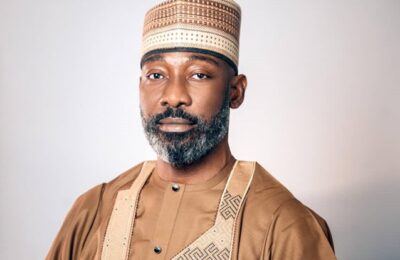In modern Nigeria, perception has ascended to a throne once reserved for performance, reshaping the contours of power and politics. A candidate’s appeal is now less about measurable outcomes and more about emotional resonance, media image, and public theatre. The optics of leadership—how leaders are perceived, staged, and narrated—often override their tangible records in governance. The result is a political ecosystem where charisma and manipulation frequently eclipse competence and integrity.
This dynamic isn’t peculiar to Nigeria, but its effect here is magnified by the country’s deeply emotive political culture. Amid ethnic, regional, and economic fault lines, the public’s perception is easily moulded by visual spectacle, catchy slogans, and strategic storytelling. Political scientist Murray Edelman argued that “political reality is primarily a spectacle—a dramatic performance shaped to create belief and loyalty.” In Nigeria’s charged atmosphere, leaders are often judged by symbolic gestures rather than policy depth or developmental metrics.
The machinery behind perception is vast: social media influencers, paid commentators, sophisticated disinformation campaigns, and calculated media stunts. These tools are increasingly deployed not to inform but to manipulate. Naomi Oreskes, historian of science and expert in media misinformation, noted, “When public perception is the battleground, facts are weaponised or buried beneath the noise.” The consequence is an electorate swimming in a sea of impressions, uncertain of what is real or rehearsed.
This elevation of perception has had paradoxical effects. On one hand, it has democratized visibility—giving outsiders, youth, and underdogs a chance to shape national discourse. On the other hand, it has eroded accountability, as theatrics now substitute for governance. Leaders who are masters of symbolism, but deficient in delivery, often enjoy longer political shelf lives than reformers who communicate less flamboyantly. As sociologist Erving Goffman posited in The Presentation of Self in Everyday Life, many politicians today “perform” for their publics, managing impressions more than responsibilities.
The implications for democracy are disturbing. When elections are won by those who stage the best narrative rather than those who execute the best plans, mediocrity becomes institutionalised. Political philosopher Hannah Arendt warned that “the ideal subject of totalitarian rule is not the convinced Nazi or Communist, but people for whom the distinction between fact and fiction has collapsed.” While Nigeria is far from totalitarianism, the blurring of truth in politics is a growing concern.
One cannot fully blame the electorate. Decades of disenchantment, broken promises, and elite impunity have left many citizens disoriented. In such a climate, perception offers a more comforting lens than truth. As behavioural economist Daniel Kahneman explained, “People tend to rely on what they see and hear first, not on a complex analysis.” Nigerian voters, too, often rely on intuition, symbols, and gut feelings—especially in a system that has repeatedly failed to reward good governance.
Nevertheless, the tide can be turned. Elevating political literacy, investing in quality journalism, and strengthening civic education are vital to restoring balance between perception and performance. Media theorist Marshall McLuhan famously said, “The medium is the message,” but in Nigeria’s case, the message must begin to matter again. Platforms must resist becoming echo chambers and instead challenge citizens to think, question, and evaluate.
In conclusion, if Nigeria seeks to deepen its democracy, it must confront the tyranny of perception. Political greatness must be redefined—not by crowd size, noise levels, or photogenic moments, but by delivery, integrity, and long-term impact. Until then, the ballot will remain a mirror of emotions, not metrics—and politics, a grand performance in which style continues to outshine substance.
– Inah Boniface Ocholi writes from Ayah – Igalamela/Odolu LGA, Kogi state.
08152094428 (SMS Only)




